I am sure there are weight loss strategies I haven't tried but I've tried many. And they have worked... for a time:
- I lost 15 pounds back in 1997 eating one baguette only for the whole day.
- I lost 25 pounds back in 1999 when I first tried Atkins and was on the crew team. I have only recently dropped lower than I weighed back when I was 20.
- I dropped about 80 pounds back in 2009-10 with a medically supervised 800 calorie a day liquid diet.
- I dropped about 20 pounds before I got married on a juicing diet in 2012.
I have gained all those pounds back. I am about 180 pounds below my peak but over my adult life I think I've lost, regained and lost again over 300 pounds.



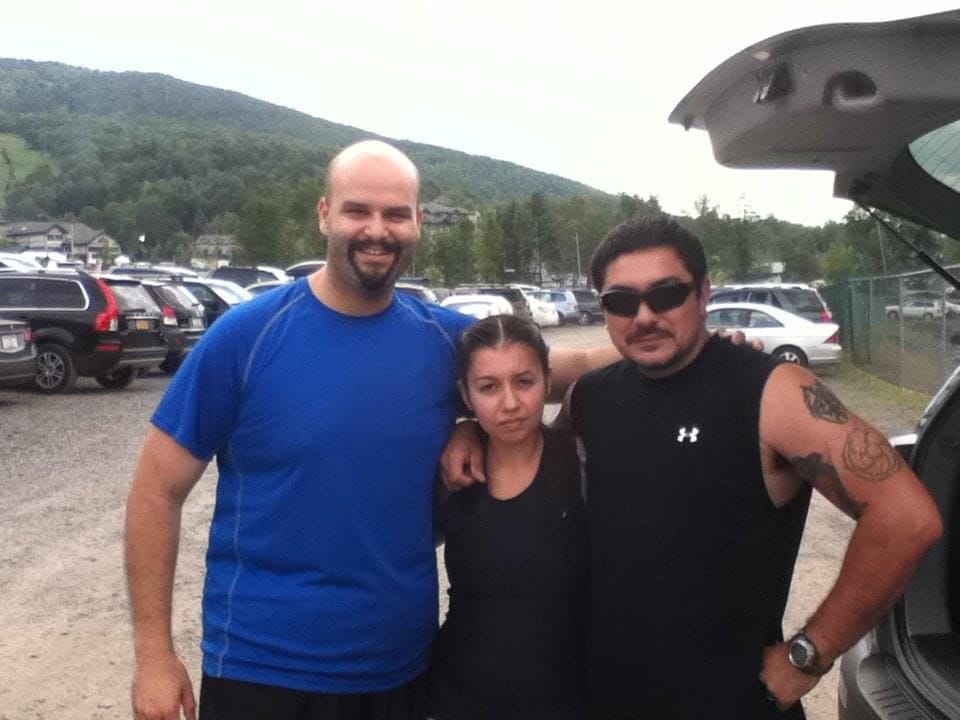
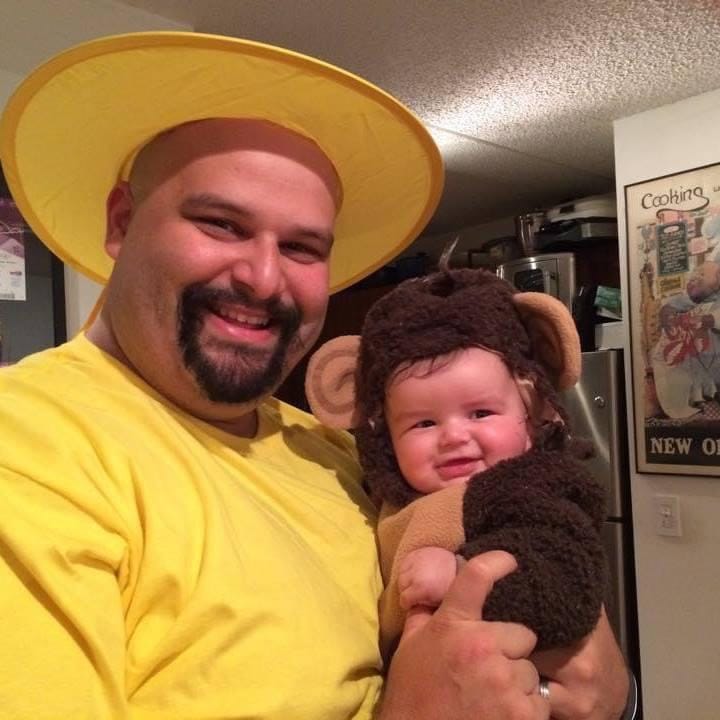
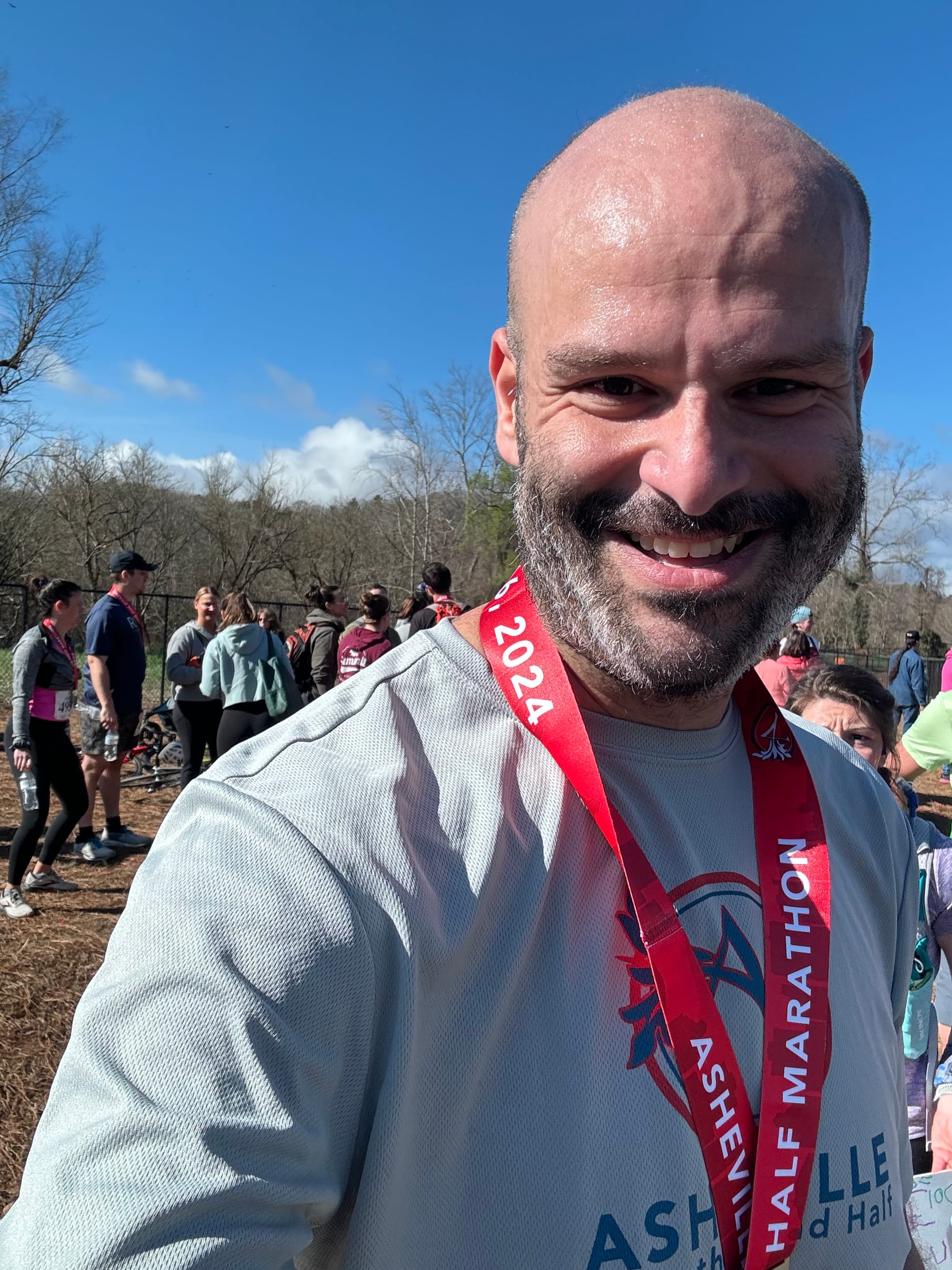
The rollercoaster of my weight loss and gain over 20 years
I don't want to suggest that these are the only ways to sustainably lose weight. Going vegetarian can work. Calorie counting, Weight Watchers and other support groups, liquid diets, trainers and sheer willpower can all work. But most diets do not work for the long run because they aren't lifestyle changes. They are sprints to a finish line as opposed to a life long sustainable journey.
In my opinion there are three really effective ways at losing weight and sustaining that weight loss over the course of your life. Obviously these are just my opinions based on personal experience and research. None of this is medical advice; sadly seven years of college did not turn me into a doctor!
Tommy Boy majored in being awesome!
Intermittent Fasting: Ideal for sustained weight loss for most people
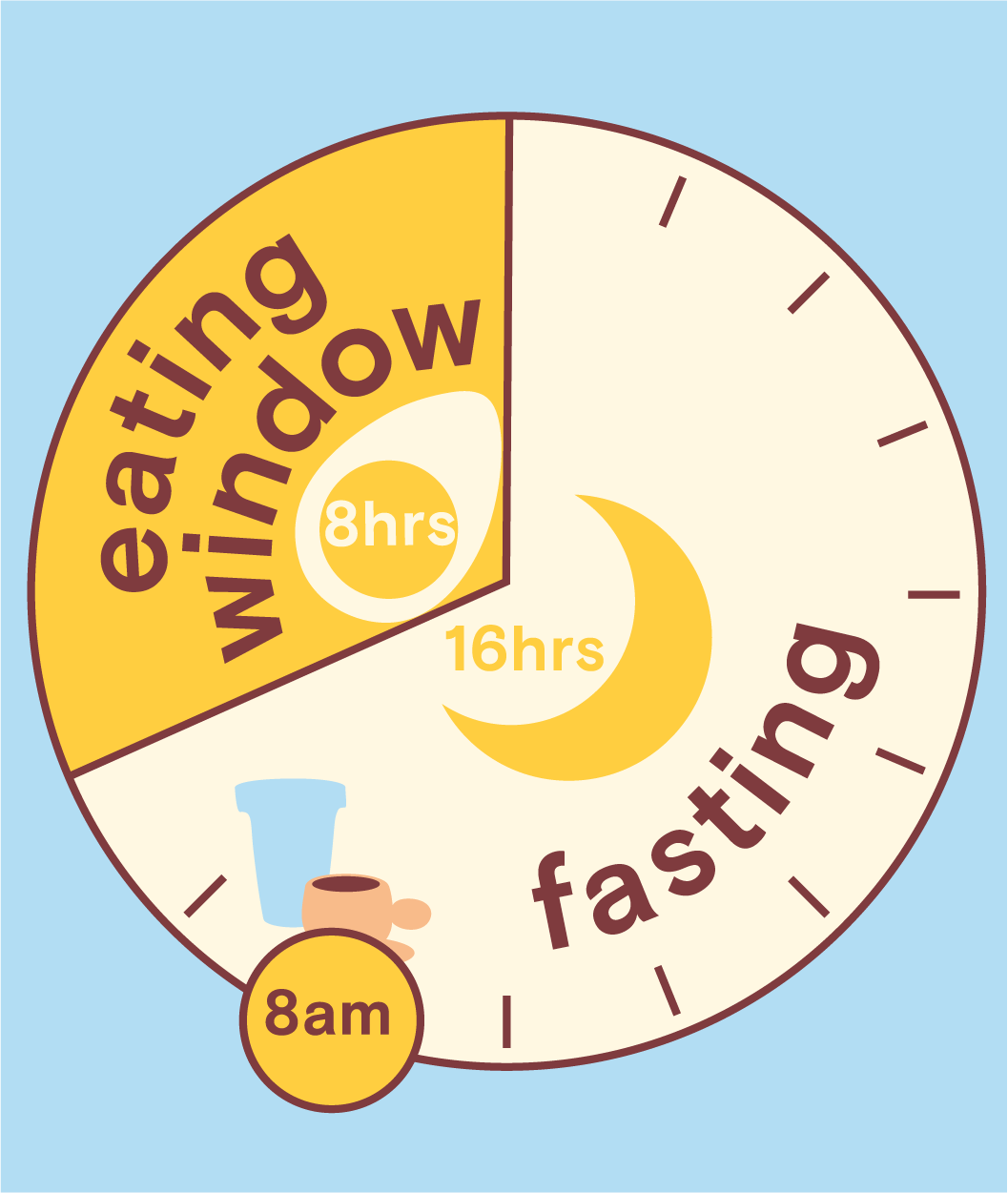
Intermittent fasting requires you to commit to eating in a smaller window. Rather than having three meals a day the goal is to eat in a shrinking time frame.
For example I only eat from about 4-9 pm most days. This means I skip breakfast and lunch. I allow myself to eat as much as my body wants after I get out of work until the evening. The smaller the eating window the better for weight loss.
The fundamental principle is that you can't eat as many calories in 4 hours as you can in 16 hours. Also if you don't eat for a long time your body will metabolize more of the unused calories.
Pros:
- Cheap and easy – just don't eat!
- Doesn't require much change in lifestyle - you can still eat what you like - if you cut out carbs while doing this it will be more effective but you can still eat carbs if you like - just commit to fasting for as long as possible.
Cons:
- It takes time to get used to this lifestyle. You likely have been eating three meals a day and a snack or two for most of your life and your body and brain will not be happy with you if you try and change that arrangement.
- If you only do this as a strategy it will be the slowest of the three strategies.
Low Carb/Ketogenic diet: Valuable for people who need to lose a lot

The Standard American Diet (SAD is an appropriate acronym) breaks down to about 60% carbohydrate, 30% protein and 10% fat. A ketogenic diet seeks to reverse those numbers so that you are consuming approximately 60% of your calories from fat, 30% protein and ideally under 10% of calories from carbohydrates.
Fundamentally the goal is to reduce your insulin levels by minimizing foods that spike insulin. The goal is to switch metabolism from breaking down carbohydrates to primarily fueling yourself via the breakdown of fats.
Pros:
- No surgery required.
- Eat mostly animal based products (meat, eggs, cheese although you can eat. things like avocados and non starchy veggies) until you are full. Eat what you like just don't eat starches, carbs and sugars.
- No exercise required - exercise will speed up weight loss but it is not necessary.
- No calorie tracking required.
Cons
- Minimal variety in your eating since you are cutting out most plants and starches.
- Hard for people who eat a carb heavy traditional diet (rice, plantains, pasta, etc).
- The weight loss will be quick at first but then you will lose 3-4 pounds a month.
- The first two weeks on a low carb diet will suck - you will feel exhausted as your body adapts to fat as its main fuel instead of carbs.
- You have to mostly give up carbs to sustain this. It's not enough to cut down on carbs - even cutting carbs by half won't get you there so long as your body is burning carbohydrates as the main fuel source.
- Your weight will balloon back up if you eat carbohydrates. I have been on keto and then eaten carbs for a night and gained as much as 9 pounds. Most of that is water weight but it is incredibly discouraging.
Gastric Surgery: Lifesaving for losing more than 100 pounds
There are two major kinds of gastric surgery. Gastric sleeve is essentially where a surgeon removes 60-70% of your stomach. This reduces the amount of food that you can eat. Since you will feel full quickly it is impossible to consider eating a second helping of food or anything like that.
A gastric bypass removes the majority of the stomach and the portion of the small intestine that metabolizes sugar (the duodenum) which would result in even greater weight loss as your body would not metabolize most simple carbohydrates.
Pros:
- You will lose weight! How much you lose will depend on how you eat in recovery and for the rest of your life but shrinking your stomach will inevitably reduce how much you can eat and thus reduce your caloric intake.
- Doctors consider it to be the most effective long lasting weight loss strategy.
- It will put a cap on your max weight. You will never be near your max weight ever again unless you really deliberately tried to regain weight by eating a lot of milkshakes or high calorie easily digestible food.
- By removing a portion of the stomach it reduces the body's ability to produce the hormone Ghrelin, which sends hunger signals to your brain.
- You become a cheap date since you can't eat or drink as much as you could before!
- You can still eat a variety of foods just in much more limited quantities.
- Weight loss will be super fast for most people - experts estimate most people will lose about 30% of their excess body weight within the first year.
Cons:
- This is a permanent change to your body that causes tremendous discomfort.
- People struggle to consume sufficient protein after surgery given their smaller stomach.
- It is easy to eat too much which will cause you to vomit if you reach your smaller stomach capacity.
- Some people experience heartburn and gastric reflux.
- Your stomach can stretch and regrow.
- You can still eat easily digestible food like chips, popcorn and ice cream - if those are your weaknesses they will still be a problem because they don't fill you up.
- Depending on your insurance it might take about six months of bureaucratic loopholes for you to get the procedure paid for.
For anyone needing to lose a relatively small amount of weight intermittent fasting is the easiest one to commit to doing and I definitely recommend you start with that.
Human beings never evolved to eat three meals a day and multiple snacks which is how we tend to eat in the west. Hunter gatherers evolved to live a life of feast or famine; eating as much as possible when the hunt was successful and going days without eating. Intermittent fasting most closely mimics the way that we evolved without drastically altering our modern lifestyle.
Start by skipping breakfast and delaying when you have your first meal. Over a few weeks get yourself to the point where you are only eating in a 2-4 hour window ideally.
I typically skip breakfast and lunch and then will eat something animal based between 5-9 pm. I still eat carnivore on the weekends but I don't eat in a time restricted window the weekends because I want to eat breakfast with my family.
People who need to lose a significant greater amount of weight should experiment with a ketogenic diet. Going back to our hunter gatherer ancestors we didn't evolve with an abundance of easily digestible carbohydrates like Mac and Cheese. We would eat what we could hunt and have some starchy roots that broke down slowly on the side.
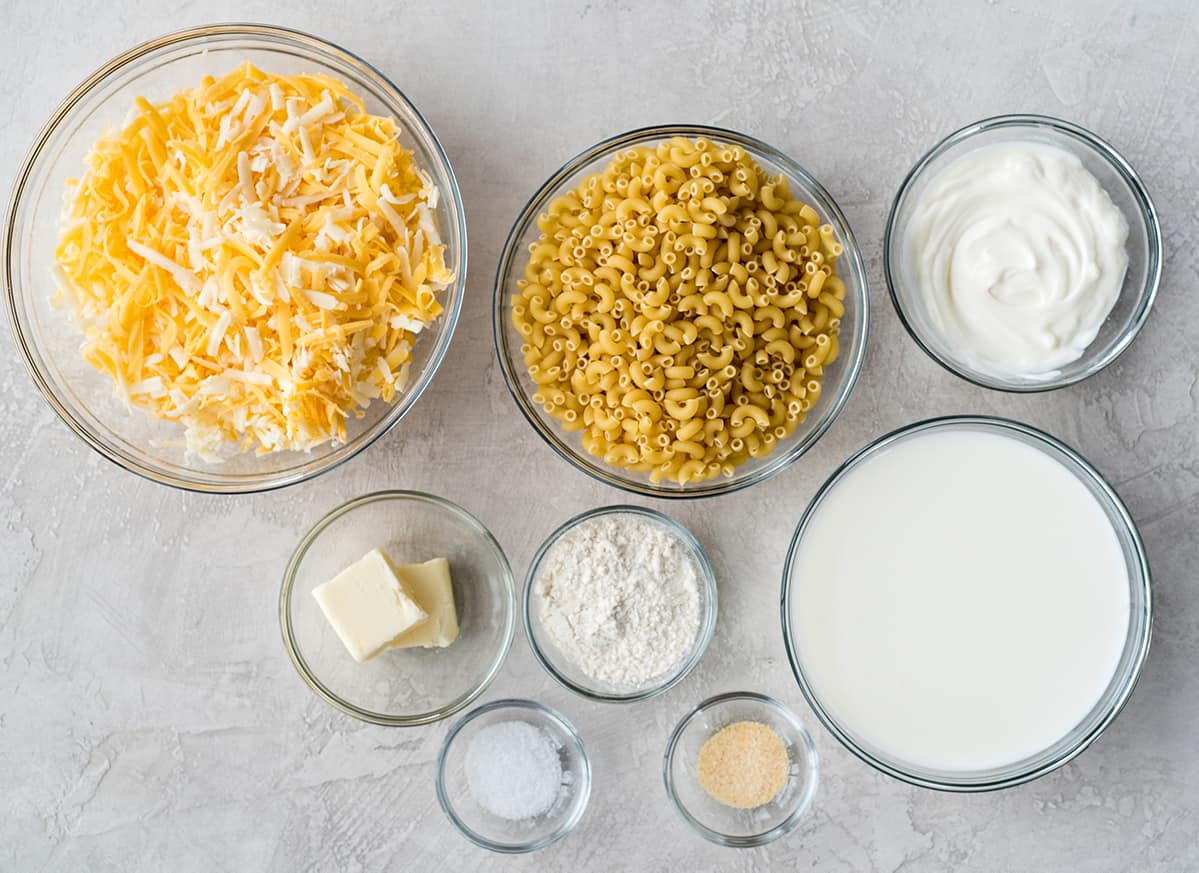

Mac n Cheese vs Hazda Baoboa leaf soup ingredients - I wonder which one has more calories?
If you have a significant amount of weight to lose then it is likely that they have tried many things. I strongly recommend people consider talking to a medical expert about gastric surgery. It isn't the first choice for someone but it is worth at least an expert opinion. Despite the growing safety of the procedure less than 1% of eligible candidates consider the surgery. Maybe it is due to the feeling that you've "failed" if you can't do this by yourself. But I think most people need assistance with difficult challenges and there is no shame in seeking the best possible assistance you can get.
Fundamentally anyone who needs to lose a tremendous amount of weight needs to ask themselves "What am I willing to permanently alter in order to get there?" There is no way to fundamentally change yourself at a such a scale without altering something major in your life. Maybe it is an addiction to processed sugar. Maybe it is late night drinking and eating crap with your friends. Maybe it is lazy weekends.
Most people intuitively know what they need to change. But the enormity of making that change feels insurmountable. And it usually is insurmountable if the goal is to resolve the issue quickly. But if someone says "I will make small and continuous changes over a couple of years" then they will succeed.
We don't like the idea of having to change our routine and we like even less the idea that we have to make a permanent change to our status quo. But regardless of what choice someone makes it will involve permanent elimination of the status quo.
One challenge I found as I was trying to find help was that I never found people who had been through what I am going through. I have never had a trainer or nutrition counselor who had to lose 100 pounds.
So I decided that I wanted to help people who want to lose a lot of weight but have been discouraged with the inevitable challenges, stalls and backslides that will occur.
I started offering my time to help people with this because I want to assist in making that journey as smooth as possible. I am not interested in making this a new career but I do think that if I can help someone resolve this problem it would be the single best thing that I can do for a person.
If you know someone who is struggling with weight please send them this essay. If you want to talk to me I am happy to work with you to improve this issue.


Member discussion: